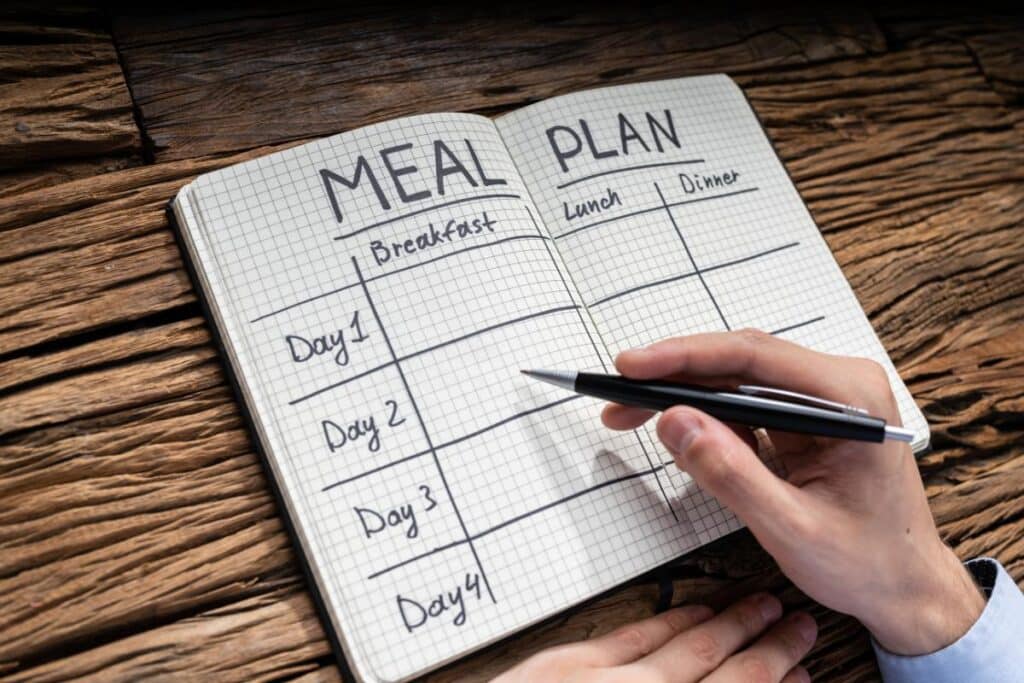Arnold Schwarzenegger’s physique set a new standard in bodybuilding, but his muscular frame was not built on workouts alone. His approach to nutrition was as calculated and disciplined as his time in the gym. This article examines the dietary strategies that helped Arnold sculpt one of the most iconic bodies in bodybuilding history.
Overview of Arnold’s Diet
Arnold’s diet was a high-calorie, high-protein, moderate carbohydrate, and low-fat regimen designed to fuel muscle growth and recovery. He consumed five to six meals daily, each balanced to provide the nutrients necessary for strenuous workouts and muscle repair.
Macronutrient Breakdown
Protein: The foundation of Arnold’s diet was protein. He consumed around one gram of protein per pound of body weight daily, sourcing it from lean meats like chicken and beef, fish, eggs, and dairy. During intense training sessions, the protein was crucial for repairing and rebuilding muscle tissue damaged.
Carbohydrates: Carbs were used as a source of energy. Arnold preferred complex carbohydrates such as oatmeal, brown rice, and whole-grain bread, providing a steady energy release. However, he was also known to include simple sugars immediately post-workout to replenish glycogen stores and spike insulin for muscle recovery.
Fats: While keeping fat intake relatively low, Arnold did not shy away from healthy fats, which were necessary for hormone production, including testosterone. His sources included nuts, seeds, and oils.
Importance of Meal Timing and Frequency
Arnold’s approach to meal timing was ahead of its time. He understood the significance of nutrient timing, particularly around workouts. A pre-workout meal provided the energy for training sessions, and a post-workout meal rich in proteins and simple carbohydrates helped with recovery. Frequent daily meals kept his metabolism high and supported continuous muscle growth.
Supplements Used by Arnold
In an era before the supplement industry exploded, Arnold was selective with his supplementation. He commonly used protein powders to meet his protein requirements, desiccated liver tablets for additional vitamins and iron, and vitamin supplements, including Vitamin C, E, and B complex.
Arnold also emphasized the importance of Zinc and Magnesium for testosterone production and muscle health. Like most bodybuilders from his era, Arnold admitted to using steroids with hard work and a protein-based diet will create more than average results.
Conclusion
Arnold’s nutritional strategy was characterized by precision, balance, and a deep understanding of his body’s needs. Much like his training, his legacy in nutrition is based on the principles of discipline, consistency, and a holistic approach to bodybuilding. While the specifics of his diet may not be suitable for everyone, the underlying principles of his nutritional philosophy can guide those looking to optimize their diets for health and fitness.




